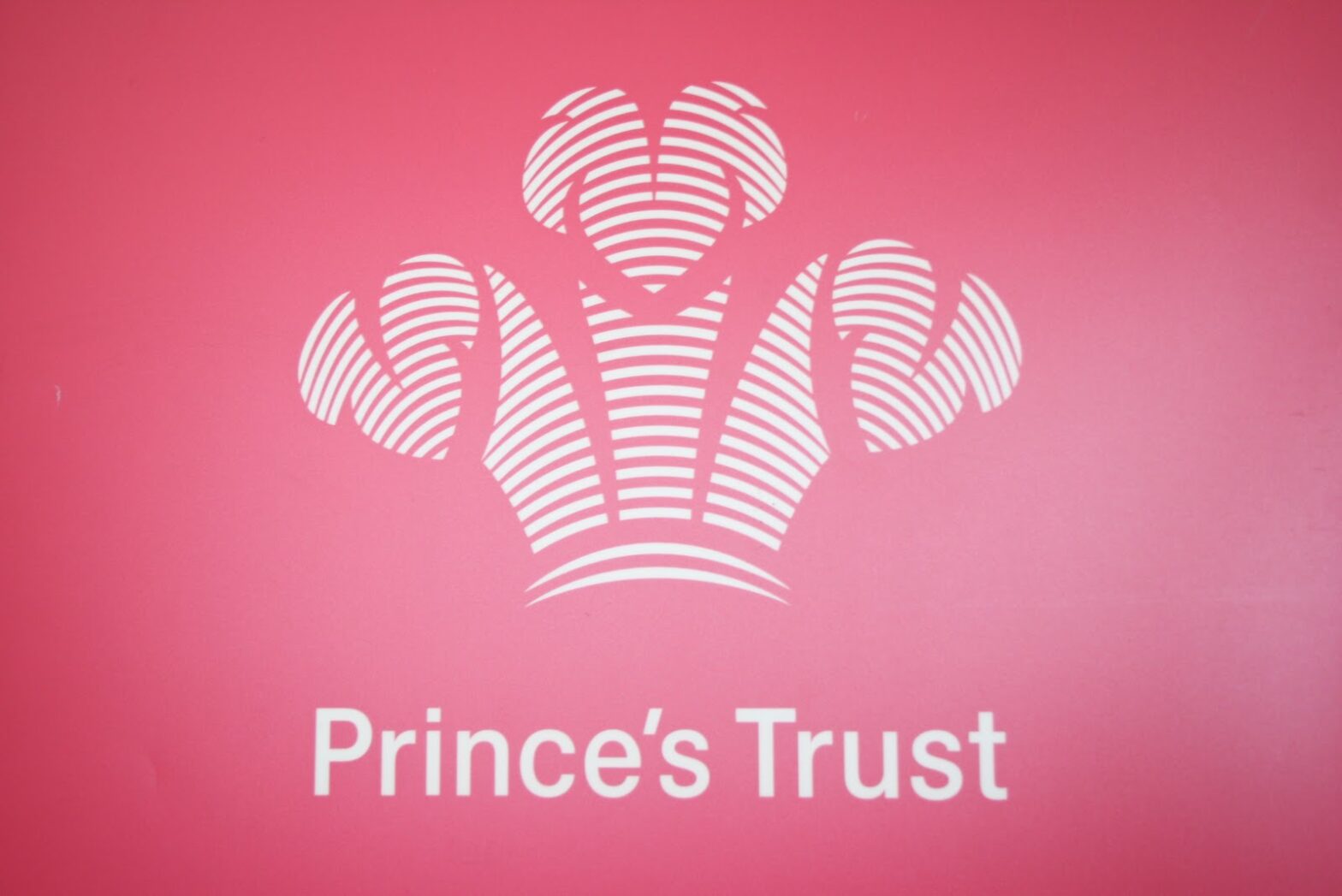We hear of businesses across the globe adopting innovative new technologies and transforming their digital footprint to improve the customer experience, however an increasing amount of not-for-profit organisations are also taking a forward-thinking approach to the way they manage their processes, and embracing digital transformation to achieve this.
At The Prince’s Trust, we don’t have customers; we help young men and women who are disadvantaged and vulnerable. Since our foundation in 1976, we’ve helped almost a million young people to turn their lives around and move into work, education or training.
But sometimes it is useful for organisations, especially charitable ones like ours, to think of people as customers. One example is the way that customer relations management (CRM) technology can deliver huge improvements in the way that we communicate with, and track the progress of the young people that we help.
>See also: The critical success factors for digital transformation programmes and how to meet them
This technology lies at the heart of The Prince’s Trust’s ‘Project Insight’, one of the most important initiatives we’ve undertaken in our history – and one that promises to transform our ongoing relationships with the young people we help.
At its heart, Project Insight will improve the way that we track people’s progress, from the instant they come into contact with us through to their move into work, education, training, and beyond.
We recognised that our website was not optimised for young people in that it was not mobile-responsive, despite the fact that most young people now access the site from a mobile device. The enquiry forms were complicated, making it difficult for users to find the information they required.
Therefore the first phase of the programme has seen the launch of a brand new, user-friendly website, together with new reporting, communications and business intelligence tools that will help us to reach and react to vulnerable and disadvantaged people.
Just like a number of other sectors, such as retail, this requires full mobile optimisation, as it is by far the preferred communications medium for young people.
At the heart of Project Insight is a CRM system from Oracle, which we have dubbed ‘Frontline’. It may seem unnecessary for a charity to invest in CRM, but for us it makes perfect sense.
This type of software is used across many different industries to improve the way that organisations communicate with and understand their audiences, as well as managing their ongoing relationship with them.
Like many organisations, we face the challenge of managing the information that we hold about the people we work with. Every conversation and every interaction generates data.
This information, together with supporting documentation such as records or reports, is relevant to a specific person, and affects how well we can help them through their journey with us.
The information is generated and resides in numerous places, making it very difficult to piece together all the disparate data into a full, coherent picture of each person.
We also want our relationships with the young people that we support to continue long after our initial contact. The measure of our success is how these young people go on to thrive in their personal and working lives.
Industries in the for-profit sector have spent decades evolving how they interact most effectively with their audiences, and the result is some very advanced software that has the power to provide all of the relevant information about a person in a single place, at the click of a button. And while we might have some very different drivers from private sector firms, the same technology can be incredibly relevant and valuable to organisations like ours.
>See also: Why digital transformation requires CIOs to learn new skills
Oracle CRM enables us to automate the collection and management of our data, and to replace manual processes that took up a considerable amount of time. Our employees aren’t, for the most part, technical experts. Our caseworkers and other volunteers are skilled in people, not in databases or analytics.
The new Frontline system will release a huge amount of time for our staff to spend working directly with young people. It will also give them instant access to the information they need to build strong bonds with those they are trying to help.
The Prince’s Trust is one of only a handful of charities to undertake such a radical transformation, all at once. As such, we hope to show other non-profits how they can improve the way that they understand, communicate and foster relationships with the people they help as well as their supporters, and our new digital programme will prove integral to achieving this.







